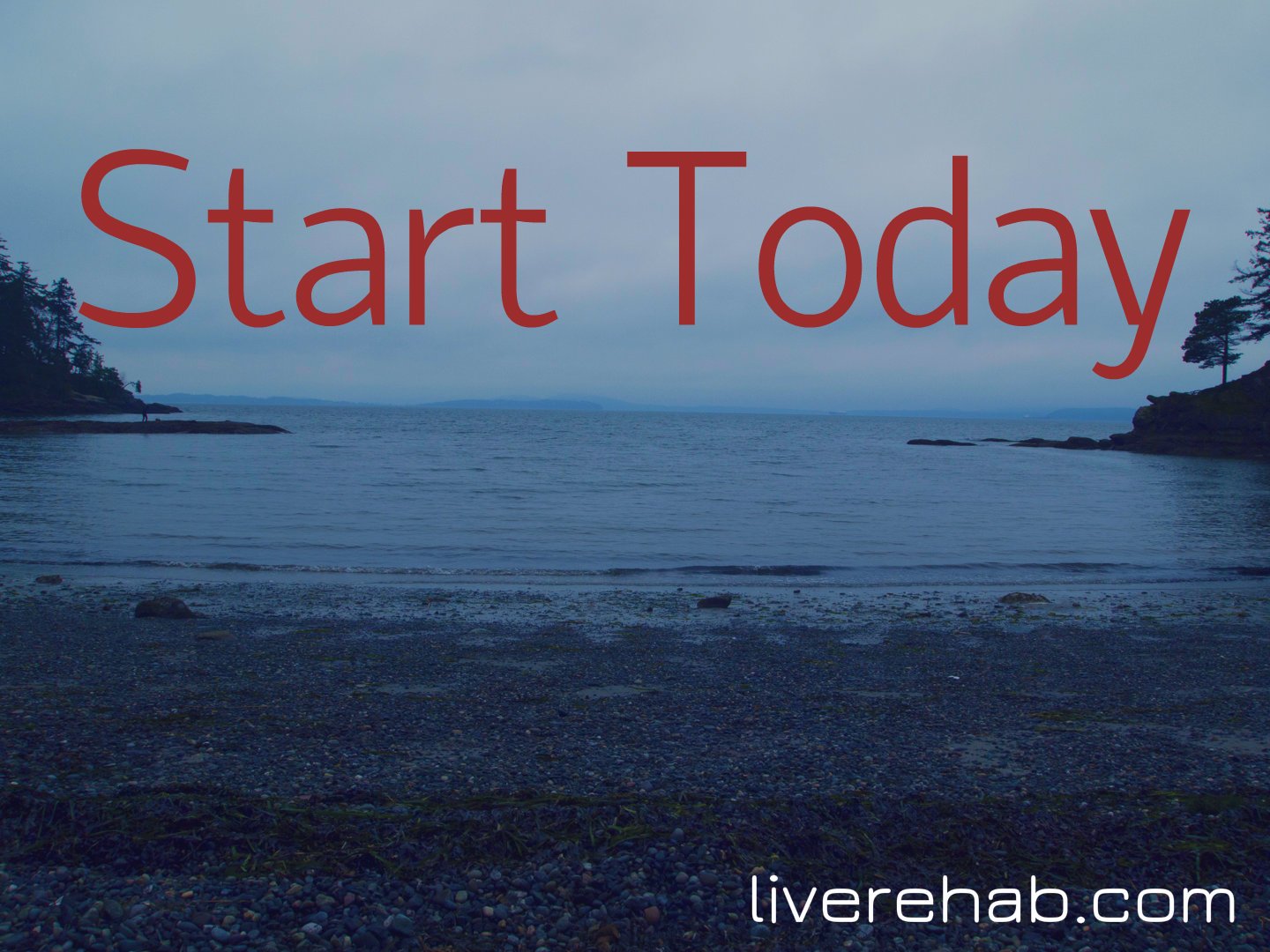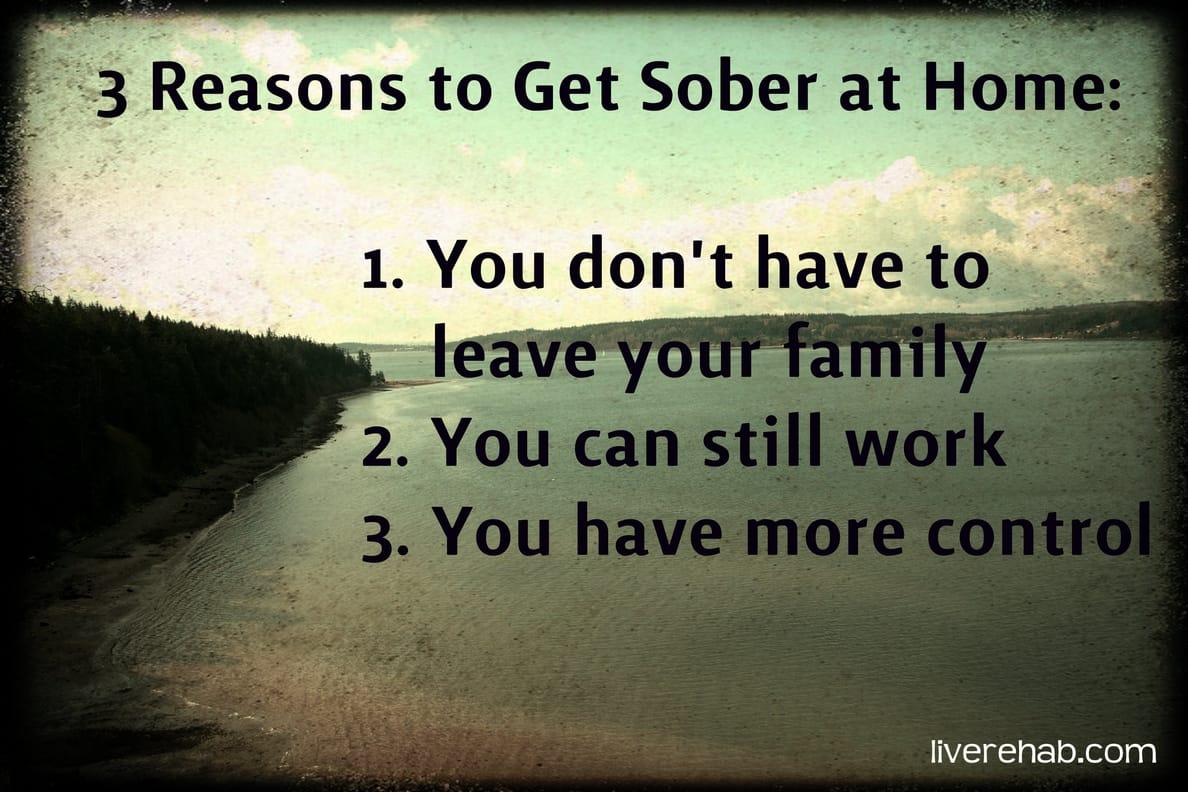When I was a drug and alcohol counselor at a traditional rehab facility I was so perplexed at the high number of relapses and how many unsuccessful stories we were able to give. Most of the time, people felt forced either by their friends or family or forced by drug court so it was no wonder they wanted to get out of there as fast as possible.
But, so many other things were happening that I know deep down, could have been the magical answer to so many of their struggles. Because, even though most people felt forced to be there, most people do not want to continue down a path of constant drug and alcohol use either.
One of the things that was surprising to me was the fact that we allowed people to continue to smoke. While not all staff members agreed with this decision, they didn’t feel like they were in a place to make such a huge policy change either. Working long hours mixed with low pay, by the end of the day most staff members just wanted to go home at the end of their work day.
But, to me, this part of the puzzle was so bothersome that I decided to do a little research.
Here’s what I found:
People in recovery smoked MORE when given the chance so they were basically trading one substance for another as a way to cope.
This isn’t about the lesser of two evils here. If you want a sober life then you need to make changes to fulfill that. If you don’t quit smoking too you will not feel better.When you smoke more, you will feel worse.
This is like telling someone who is addicted to methamphetamine to go to rehab and drink alcohol instead. No. Just no.
Also, nicotine has shown to activate triggers. It’s no wonder. If you’re addicted to alcohol, it’s likely you smoked and drank at the same time. So every time you light up a cigarette you will think about smoking.
If you think you can obtain and maintain sobriety while still smoking cigarettes, I want you to think again. If you struggle with nicotine addiction you can take my course for only $35.00. I will give you everything you need to stop smoking forever. You will get lifetime access to the course and also a downloadable, step-by-step workbook. Follow this link to get to the course.
Why wait? Start today.


